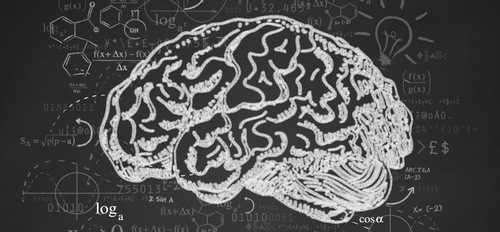Train Your Brain to Think More Clearly
Curated from: inc.com
Ideas, facts & insights covering these topics:
4 ideas
·1.94K reads
10
Explore the World's Best Ideas
Join today and uncover 100+ curated journeys from 50+ topics. Unlock access to our mobile app with extensive features.
Train yourself to think
The words you habitually use when you're thinking (and then expressing those thoughts) mold how you see the world. For example, people who habitually think (and speak and write) the word "hate" tend to find an ever-increasing number of things to hate.
When you train yourself to speak and write using clearly defined words arranged into concise sentences, you're training your brain to think more clearly.
182
677 reads
Mentally edit out fuzzy buzzwords
While most business buzzwords are simply annoying (like saying "utilize" rather than "use"), some are so fuzzy and vague that they automatically lead to confused thinking.
Mentally editing out the fuzzy, vague buzzwords when you are talking, speaking, listening, or reading gradually clears your mind of the confusion they create, thereby making you smarter.
120
418 reads
Simplify your business writing
If you find yourself writing or reading long, complex sentences at work, edit and reedit them so that they express the gist in fewer words.
Do this repeatedly and over time you'll automatically accustom your brain to shorter, clearer wordings.
130
448 reads
Play the "one syllable" game
The concept is simple: Try to communicate business ideas using words of only one syllable.
This exercise trains your brain to use smaller, easier-to-understand words rather than complex ones.
Since complex words tend to "complexify" your thoughts (and your expression of them), habitually using common words leads toward clearer thinking.
121
404 reads
IDEAS CURATED BY
Evan Y.'s ideas are part of this journey:
Learn more about problemsolving with this collection
How to prioritize and simplify your life
The importance of rest and relaxation
The benefits of slowing down
Related collections
Similar ideas
Read & Learn
20x Faster
without
deepstash
with
deepstash
with
deepstash
Personalized microlearning
—
100+ Learning Journeys
—
Access to 200,000+ ideas
—
Access to the mobile app
—
Unlimited idea saving
—
—
Unlimited history
—
—
Unlimited listening to ideas
—
—
Downloading & offline access
—
—
Supercharge your mind with one idea per day
Enter your email and spend 1 minute every day to learn something new.
I agree to receive email updates
